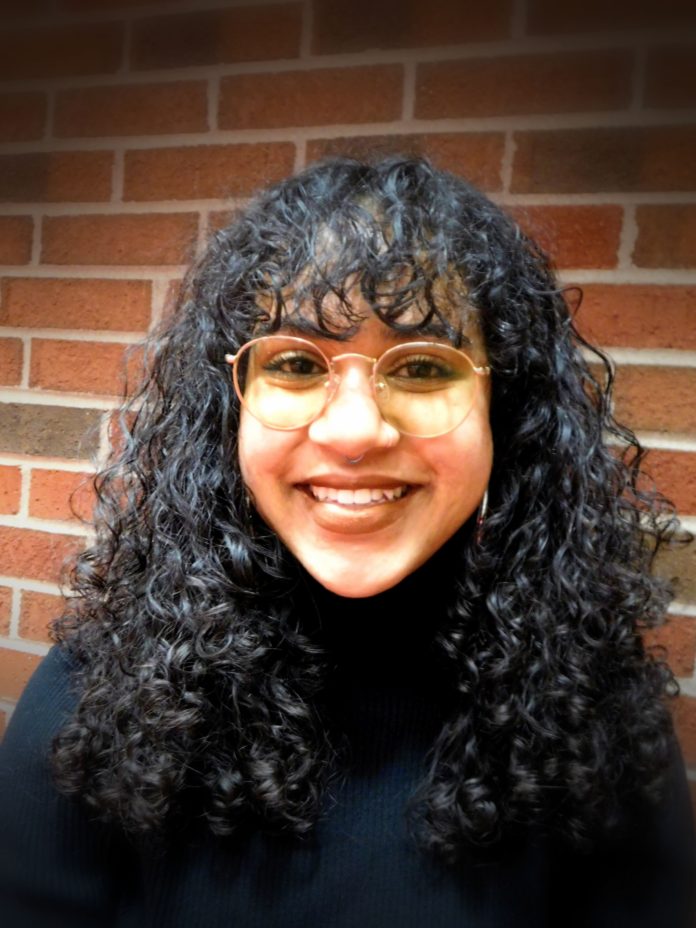On The Table came into existence thanks to the effort the Chicago Community Foundation put forth to bring people to the table to talk about important and contentious issues. Sounds simple, right?
The Lexington Bluegrass Community Foundation’s third annual On The Table discussion happened simultaneously in the afternoon and evening of March 27, 2019. Discussions centered around the theme of Belonging. The goal of these discussions was to engage the public, bringing people to the table that may not feel welcome or included enough, to speak on issues that affect the community collectively.
This year, the conversations were meant to focus on race relations and social inequality, analyzed under the umbrella of belonging. Surveys, based on respondents’ perception from previous years have shown that these topics were not as heavily discussed and that they merit the attention they haven’t been given.
As a host, I was charged with inviting 8-12 guests to my table. I chose to include people in the Lexington community as well as those directly affiliated with the Transy community in an effort to facilitate conversation with people from two environments I identify with. My personal goal was to invite people who represented the spectrum of views on social topics, but I was unable to convince individuals who had preconceived notions of how people would respond to their moderate-to-conservative viewpoints. Those that accepted my invitation all had liberal-leaning views on social issues and those facing our community.
Throughout and after my table’s discussion, I thought about a question that was raised, and for a moment, caused silence: In this increasingly isolated world where people have the illusion of being ever connected through the internet, how do we make sure that people are engaging with others while respecting and celebrating our differences through shared experiences?
Presented with this question, I am confounded. Bringing people to the table is easy when they are already open to it, but what about the people who still feel apprehensive about the idea itself, let alone actually interacting with strangers whose opinions differ from what we have always known?
It is, in my opinion, the biggest issue that faces our society today: lack of productive communication. Civil (in person) discourse is incredibly important in connecting with people and understand others’ behavior, beliefs, and convictions. However, when people are simply hearing each other and not listening to each other, progress will never be achieved.
My social-justice-packed evening ended with Sir Salman Rushdie’s Creative Intelligence lecture “On Civility.” Among other things to think about, I walked away with this quotation: “…The great constant is human nature, what we have in common, left or right, black or white…” (Rushdie 2019).



